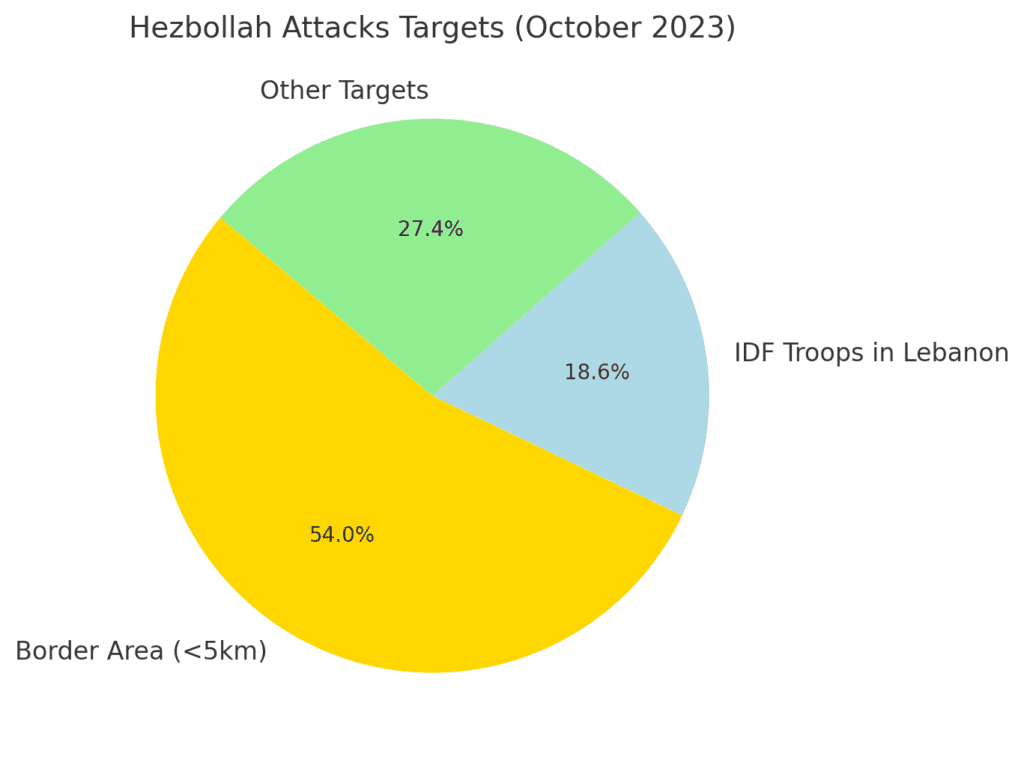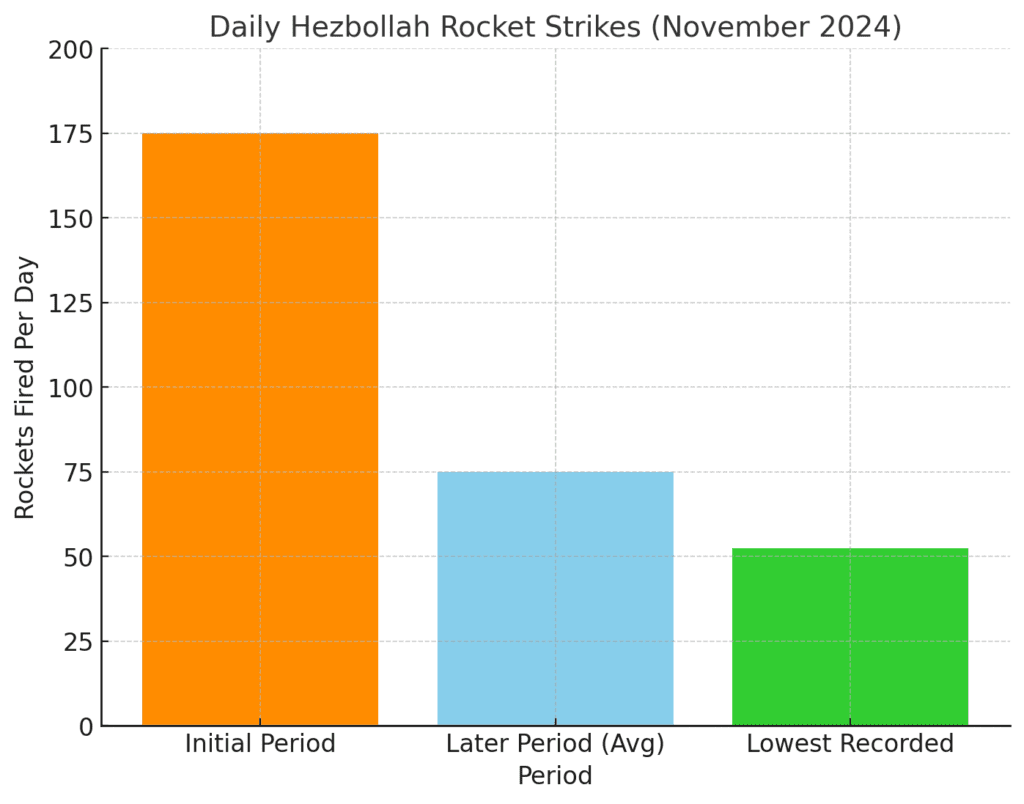In a strongly worded statement, Senator Ted Cruz (R-Texas) criticized the Biden administration’s handling of the newly announced ceasefire between Israel and Hezbollah, calling it a betrayal of U.S. and Israeli interests. The ceasefire agreement, intended to end months of hostilities, has been lauded by the administration as a step toward stability in the region. However, Senator Cruz painted a starkly different picture, accusing the White House of pressuring Israel into an unfavorable deal.
“Israel has achieved enormous military successes over the last year against the Iranian-controlled terrorist group Hezbollah,” Cruz said. “This includes eliminating thousands of terrorists and dismantling critical terrorist infrastructure across Lebanon. These victories have directly contributed to vital American national security interests.”
The ceasefire agreement reportedly includes stipulations for halting offensive military operations and tasks the Lebanese Armed Forces with preventing Hezbollah from conducting actions against Israel. The deal is backed by international monitors, including representatives from the United States and France.

However, Cruz contends that these measures come at a significant cost. He alleges that Biden administration officials pressured Israel by threatening to withhold critical defensive weapons and backing a binding international arms embargo through the United Nations. “Administration officials exerted enormous pressure on our Israeli allies to accept this ceasefire,” Cruz asserted. “These actions were part of a broader effort to undermine Israel and constrain the incoming Trump administration.”
The senator also expressed concerns about the administration’s framing of Israel’s rights under the agreement, accusing them of downplaying Israel’s ability to act against imminent threats. “Secretary Blinken and others have misrepresented Israel’s obligations, suggesting limitations that our Israeli allies have already rejected,” Cruz said. Israeli Prime Minister Benjamin Netanyahu has reiterated that Israel retains full freedom of action to counter Hezbollah if the group attempts to rebuild its capabilities or resumes attacks.
The Biden administration, however, maintains that the ceasefire is a diplomatic achievement. President Joe Biden characterized the agreement as a “significant step toward peace,” highlighting its potential to ease the suffering of civilians and create space for long-term solutions. Critics like Cruz argue that the ceasefire serves as a temporary reprieve for Hezbollah, enabling the group to regroup and rearm. “The Ayatollah will not give up his investment in Hezbollah,” Cruz warned, emphasizing the risk of rearmament through Lebanese ports.
The ceasefire has also sparked debate within Congress. While some lawmakers commend the agreement, others share Cruz’s apprehension about its durability and strategic implications. Senator Lindsey Graham (R-S.C.) acknowledged the Biden administration’s efforts but credited the incoming Trump administration for influencing the agreement. “I appreciate the hard work of the Biden Administration, supported by President Trump, to make this ceasefire a reality,” he said.
The agreement, which comes amid escalating regional tensions, marks a crucial moment in U.S.-Middle East relations. Yet, the divergent reactions from policymakers underscore the challenges of balancing diplomatic efforts with military and security considerations in a volatile region.
Cruz concluded his statement by urging the U.S. to provide unequivocal support to Israel. “We must ensure that our Israeli allies can continue to dismantle Iran’s terrorist infrastructure in Lebanon and beyond,” he said. As the ceasefire takes effect, the focus now shifts to its implementation and the broader geopolitical implications for the region.















